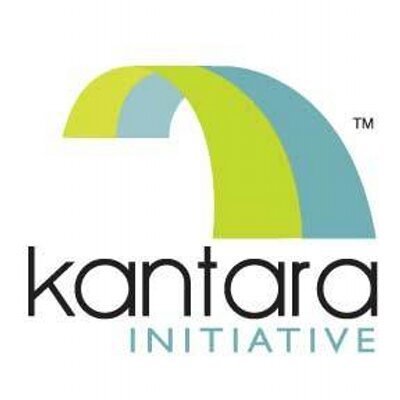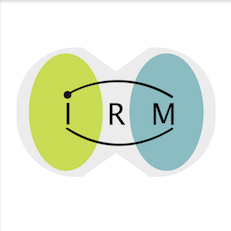Identity Relationship Management and BlockChain/SmartContracts



Important Note: The following information does not necessarily reflect the view of the whole IRM-Workgroup.
Why IRM ? - the past
- reasonable number of people with reasonable number of attributes
- reasonable number of 'actors' and usecases
- Rules based on taxonomy at its best, but usually 'spread' over different systems, technologies and 'standards' (standards? what standards???)
- driven by an 'enterprise' eco-'structure'
Why IRM ? - the future
- 'unreasonable' large number of 'things with 'unreasonable' large number of attributes
- 'unreasonable' large number of actors and usecases
- 'Things' act on behalf of human identities
- 'Rules' need to be understandable and actionable
by all potential actors
Relationships
- What are the principles that apply to any relation between Identities ( People, Devices, Things, whatever) ?
- Originally named 'Laws of Relationships', in honour to Kim's 'Laws of Identities'.
- Initiative started by Ian Glazer and others





IRM Principles
| Principle | Description |
|---|---|
| Scalable | IRM aware systems must be able to scale into billions (internet of things) |
| Actionable | A relationship must be able to 'do' something, or better: be able to transport the authorization to do something. |
| Immutable | A relationship can be immutable (this thing was made by...) |
| Contextual | A relationship must allow to be seen in a specific 'context' (time, place, predecessor, post...) |
| Transferable | A relationship can be transfered, permanently or temporary |
| Provable | relationships are provable, either by single, multi or third parties. |
| Acknowledegable | a relationship between two or more must be able to be acknowledged (single ack, bi-directional, majority,...) |
| Revocable | A relationship can be revoked (linked to accknowledge), right to be forgotten |
| Constrainable | any relationship can be granted, revoked, build based on constraints (eg laws) |
Could be achieved with...
| Principle | with a little help from those friends |
|---|---|
| Scalable | distributed, schema-less, relationship-driven: NoSQL, GraphDB |
| Actionable | SmartContracts |
| Immutable | BlockChain |
| Contextual | Ontologies |
| Transferable | BlockChain |
| Provable | BlockChain |
| Acknowledegable | BlockChain |
| Revocable | BlockChain |
| Constrainable | Ontologies |
Note: This is just WedaCon's view, and not necessarily the view of the whole workgroup. Totally based on early and crazy assumptions !
Why.... NoSQL/GraphDB
- Scalable
- Schema-less
- works on the 'edges' (relations) between the entities
- open APIs based on REST/json
Why.... Ontologies
- Flexible
- Distributed
- Contstrainable: Reasoner- Functionalities
- Standards (RDF, OWL)
- Human understandable, Machine readable
Why.... BC/SC
- Immutable and distributed (no one 'owns' it)
- Acknowledge via Consent
- Actionable via SmartContracts
- Transferable and Proveable
- Revocable (somewhat...)
Current work of WG
- Summertime....
- Consolidate the IRM-Doc describing the principles
- Discuss the role of a 'relationship Manager'
- Write Report on 'IRM in the wild', which checks already available technologies and concept if they can be linked in some way to IRM
About...
- Kantara Initiative
- https://kantarainitiative.org/
- https://twitter.com/KantaraNews
- IRM Working Group
- https://kantarainitiative.org/confluence/display/irm/Home
- https://twitter.com/irmwg
- BC/SC DiscussionGroup
- https://kantarainitiative.org/confluence/display/BSC/Home
- WedaCon
- https://www.wedacon.net
- https://twitter.com/WedaCon
IRM and BC/SC
By WedaCon Informationstechnologien GmbH
IRM and BC/SC
Short intro on IRM and potential relations to BC/SC, Ontologies and GraphDB
- 1,545


